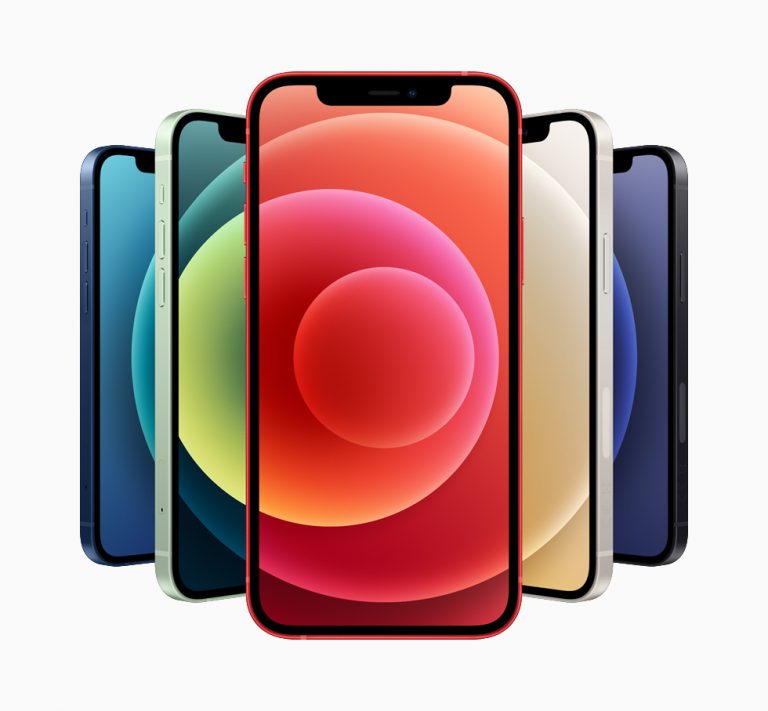Under the COVID-19 pandemic that has severely hit many industries, the demand for remote work, non-contact business, meeting assistance, and virtual social activities has been increased. It has stimulated the need for augmented reality (AR) and virtual reality (VR) as a necessary tool for interacting with consumers and promoting the organization’s business processes. Retailers have shifted their focus from selling products to creating personalized, immersive, and other innovative technologies that enhance the customer experience; in other industries, companies use AR/VR to improve the acquisition and transfer of knowledge, so that staff can maintain and improve efficiency and collaboration capabilities while being safe.
According to Technavio’s estimates, between 2020 and 2024, the AR/VR market will grow to US$125.19 billion. As of 2020, commercial use will account for nearly half of all AR/VR spending, led by VR training ($1.3 billion) and AR industrial maintenance ($375.7 million); on the consumer side, spending will be dominated by two main parts, which are VR games ($3 billion) and VR feature films ($1.2 billion).
(image sourse: etilabs.com/)
The Applications of AR
As more and more people use AR/VR technology for professional or private purposes, the penetration rate of AR/VR has increased significantly in the past ten years, and technological innovation has further promoted the demand for AR/VR applications. At the same time, users also feel that AR/VR is more accessible and the wearable technology platform has been expected to further enhance the function of AR in daily life.
Besides, the application of AR on mobile phones enables the industry to provide customers with new experiences. The virtual fitting room can help buyers choose the right size to reduce the cost of purchase; when choosing colors for new cars or furniture, similar benefits can also be produced. AR/VR technology continues to grow in different fields such as education, healthcare, retail, and training that help promote the growth of the global market.
Entertainment
The pandemic has forced many outdoor activities to be postponed or canceled. Although many of the beloved festivals and events have become somewhat different this year, the inability to gather together does not mean that people cannot celebrate and have a “horrible and wonderful” time. Facebook messenger has introduced AR special effects experiences for people to “ghost” and scare their surroundings. This AR experience allows users to experience the fun of the festival as usual even when they are away from social evacuations. Messenger has added a 360-degree background and AR filter, allowing users to dress up as a coquettish skeleton, a witch in a potion bottle, a terrifying head dish, etc., or use the AR filter to be in a horror scene during a video call.
(image source: messengernews.fb.com/)
Driving Assistance
South Korean technology manufacturer Samsung has recently applied for a patent for AR glasses to develop related technologies to glasses. The main function is to provide instant information to drivers, making it more convenient and safe to drive. Samsung AR glasses are trying to replace the car navigation system. After wearing the glasses, users will be able to see the real-time road conditions displayed in the lens. In addition to providing navigation information, they can also reflect traffic conditions. In addition, these AR glasses can also provide users with real-time gas station information like oil prices.
(image source: community.samsung.com/)
Medical Uses
In a hospital in Bangkok, Thailand is using technology to deploy to improve the medical system to gain more emergency time for patients. In addition to the 5G smart ambulances that allow paramedics to prepare before the patients arrive, medical staff in the hospital can wear AR glasses that return patient images from the ambulances in real-time. Medical staff can therefore prepare emergency equipment needed by patients in advance, and get more golden rescue time for patients.
(image source: bangkokpost.com)
Retail Services
Skipfour has partnered with one of the leading furniture store chains in South America to enable the customers to virtually try out the furniture items in their spaces and buy right from the app without having to visit a showroom. AR solution brought it all together that allowed the end consumers to view the catalog and interact with the items in their space such as bedrooms, living rooms, and others. It also includes an e-commerce module to allow users to make a purchase right from the app. The AR solution was later expanded to include an admin module that allowed barcoded items to be scanned right in the warehouses for increased effectiveness in inventory management. The store had an 11% jump in their sales in the first quarter the solution was launched and over 23% reduction in inventory management costs after the adoption of AR solutions.
(image source: devabit.com/)
Ready to have your own AR/VR app?
Skipfour specializes in app and website development. We have a proven record of top-performing AR/VR apps. If you need a consultancy or your team is planning to develop an AR/VR solution, feel free to contact us and get further assistance. With more than ten years of service experience, we have helped numerous customers like you and can certainly help you to achieve any goals! If you like this article, don’t forget to subscribe to our YouTube channel, like our Facebook, or follow us on Twitter to get the latest news!



